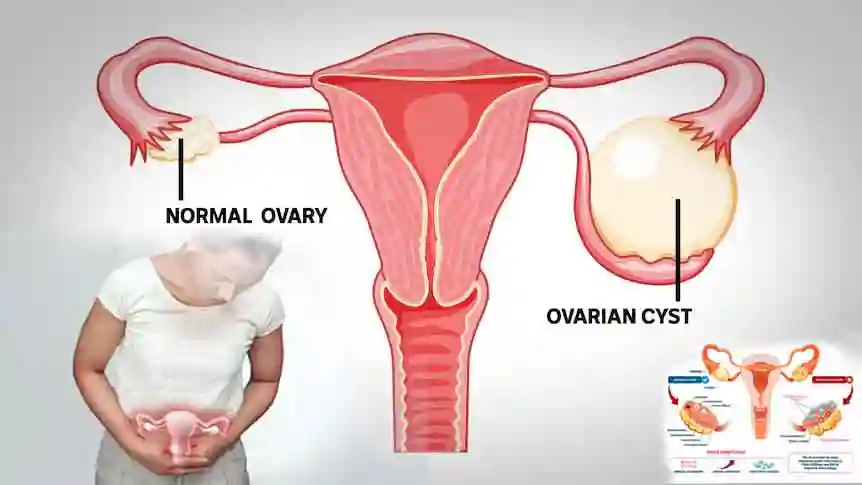Introduction
Ovarian cysts are fluid-filled sacs that form on the ovaries, affecting many women at some point in their lives. While most cysts are harmless and resolve on their own, certain foods can aggravate the condition or hinder the healing process. In this article, we will discuss the foods that women with ovarian cysts should avoid to manage their symptoms effectively and promote overall well-being.
Understanding Ovarian Cysts
Ovarian cysts are sacs filled with fluid that form either on the ovaries or within them. They are common in women of reproductive age and can vary in size from small, pea-sized cysts to larger ones that cause discomfort and complications. In most cases, ovarian cysts are benign and disappear on their own without treatment. However, certain cysts can cause pain, bloating, hormonal imbalances, and fertility issues.
The Impact of Diet on Ovarian Cysts
A well-balanced diet plays a crucial role in managing ovarian cysts. By avoiding certain foods, women can minimize inflammation, reduce hormonal imbalances, and alleviate symptoms associated with cysts. Incorporating a diet rich in whole foods, fiber, and essential nutrients can promote hormonal balance and support the body’s natural healing process.
Foods to Avoid
3.1 High Glycemic Index Foods
Consuming foods with a high glycemic index (GI) can result in quick surges in blood sugar levels, triggering an increase in insulin production. This can disrupt hormone balance and potentially exacerbate ovarian cyst symptoms. Avoid or limit the consumption of white bread, white rice, sugary snacks, and processed cereals. Instead, opt for low GI alternatives like whole grains, legumes, and fresh fruits.
3.2 Caffeinated Beverages
Caffeinated beverages such as coffee, tea, and energy drinks should be consumed in moderation or avoided altogether. Caffeine can interfere with hormone levels and contribute to cyst growth and discomfort. Consider switching to herbal teas or decaffeinated alternatives to support hormonal balance.
3.3 Processed and Refined Foods
Processed and refined foods frequently contain elevated levels of unhealthy fats, added sugars, and artificial additives. These foods can promote inflammation and disrupt hormonal balance. Avoid or limit the intake of packaged snacks, fast food, sugary treats, and processed meats. Instead, focus on whole, unprocessed foods that are nutrient-dense and free from artificial additives.
3.4 Dairy Products
Dairy products, particularly those derived from cows, contain high levels of hormones that can interfere with the body’s hormone balance. For women with ovarian cysts, it is recommended to minimize or avoid the consumption of milk, cheese, and yogurt. Consider opting for plant-based alternatives like almond milk, coconut milk, or soy milk.
3.5 Red Meat
Red meat, such as beef and pork, contains high levels of saturated fats that can promote inflammation and hormonal imbalances. These can worsen ovarian cyst symptoms. Limit the intake of red meat and opt for lean protein sources like chicken, turkey, fish, and plant-based proteins like legumes, tofu, and tempeh.
3.6 Alcohol
Alcohol can disrupt hormone regulation and liver function, leading to increased inflammation and potential cyst complications. It is advisable to avoid or minimize alcohol consumption to support overall health and aid in the management of ovarian cysts.
3.7 Trans Fats
Trans fats, commonly found in fried and processed foods, can promote inflammation and interfere with hormone regulation. Avoid or limit the consumption of fried foods, commercially baked goods, and packaged snacks. Opt for healthier fat sources such as avocados, nuts, seeds, and olive oil.
3.8 Excessive Sodium
A high-sodium diet can contribute to fluid retention and bloating, which can worsen ovarian cyst symptoms. Minimize the consumption of salty snacks, processed foods, and canned soups. Prefer fresh, whole foods and enhance the flavor of your meals with herbs and spices instead.
3.9 Added Sugars
Added sugars found in sweets, sugary beverages, and processed snacks can cause inflammation and disrupt hormone balance. Avoid or limit the intake of sugary treats and opt for natural sweeteners like honey or maple syrup in moderation.
3.10 Soy-Based Products
Soy-based products contain compounds called phytoestrogens, which can mimic estrogen in the body. While some research suggests that moderate soy consumption is safe, women with ovarian cysts may choose to limit their intake of soy-based products. Opt for other sources of plant-based proteins like legumes, quinoa, and nuts.
3.11 Gluten
For some women with ovarian cysts, gluten sensitivity or intolerance may exacerbate symptoms. If you suspect gluten sensitivity, consider reducing or eliminating gluten-containing foods like wheat, barley, and rye. Experiment with gluten-free alternatives like rice, quinoa, and gluten-free grains.
3.12 High-Sodium Foods
High-sodium foods, including processed meats, canned soups, and salty snacks, can contribute to water retention and bloating. To manage ovarian cyst symptoms, limit your intake of high-sodium foods and opt for fresh, low-sodium alternatives.
3.13 Artificial Sweeteners
Artificial sweeteners, commonly found in diet sodas, sugar-free products, and processed foods, can disrupt hormone balance and promote inflammation. It is best to avoid or minimize the consumption of artificial sweeteners and choose natural alternatives in moderation.
3.14 Fried Foods
Fried foods are high in unhealthy fats and can promote inflammation in the body. To support ovarian cyst management, minimize the consumption of fried foods like French fries, fried chicken, and fried snacks. Instead, focus on baked, grilled, or steamed options.
3.15 Spicy Foods
Spicy foods can irritate the digestive system and potentially worsen ovarian cyst symptoms. While individual tolerance may vary, it is advisable to limit or avoid spicy foods if they cause discomfort. Opt for milder flavors and seasonings to support digestive health.
Conclusion
Incorporating a healthy, well-balanced diet plays a vital role in managing ovarian cysts and alleviating associated symptoms. By avoiding or limiting the consumption of high glycemicfoods, caffeinated beverages, processed and refined foods, dairy products, red meat, alcohol, trans fats, excessive sodium, added sugars, soy-based products, gluten, high-sodium foods, artificial sweeteners, fried foods, and spicy foods, women with ovarian cysts can promote hormonal balance and reduce inflammation. Instead, they should focus on consuming whole, unprocessed foods, lean proteins, fruits, vegetables, whole grains, and healthy fats.
It is important to remember that every individual is unique, and the impact of specific foods on ovarian cysts may vary. It is advisable to consult with a healthcare professional or a registered dietitian for personalized dietary recommendations based on individual needs and health conditions.
FAQs (Frequently Asked Questions)
Q1: Are all women with ovarian cysts required to avoid these foods?
A1: While these foods are known to potentially aggravate ovarian cyst symptoms, individual responses may vary. It is best to monitor your own body’s response to certain foods and make adjustments accordingly. Seek personalized advice from a healthcare professional for tailored guidance.
Q2: Can I ever consume these foods in moderation?
A2: Moderation is key. While it is advisable to avoid or limit the consumption of these foods, occasional indulgence or small portions may not significantly impact ovarian cysts. Pay attention to your body and make decisions that promote your overall well-being.
Q3: Are there any specific foods that can help with ovarian cysts?
A3: While no specific food can cure ovarian cysts, adopting a balanced diet rich in fruits, vegetables, whole grains, lean proteins, and healthy fats can promote hormonal balance and support overall health. Additionally, staying hydrated and managing stress levels can also be beneficial.
Q4: How long does it take to see improvements in ovarian cyst symptoms with dietary changes?
A4: The timeframe for improvement in ovarian cyst symptoms can vary from person to person. Consistently following a healthy diet, along with any other recommended treatments, can contribute to better symptom management over time. It is important to have realistic expectations and be patient with the process.
Q5: Can exercise help with managing ovarian cysts?
A5: Regular physical activity and exercise can have numerous health benefits, including hormone regulation and stress reduction. However, it is advisable to consult with a healthcare professional before starting or modifying any exercise routine, especially if you have ovarian cysts or any other underlying health conditions.
Important Reminder:
The information provided on healthlifeai.com is intended for informational purposes only. While we have made efforts to ensure the accuracy and authenticity of the information presented, we cannot guarantee its absolute correctness or completeness. Before applying any of the strategies or tips, please consult a professional medical adviser.



